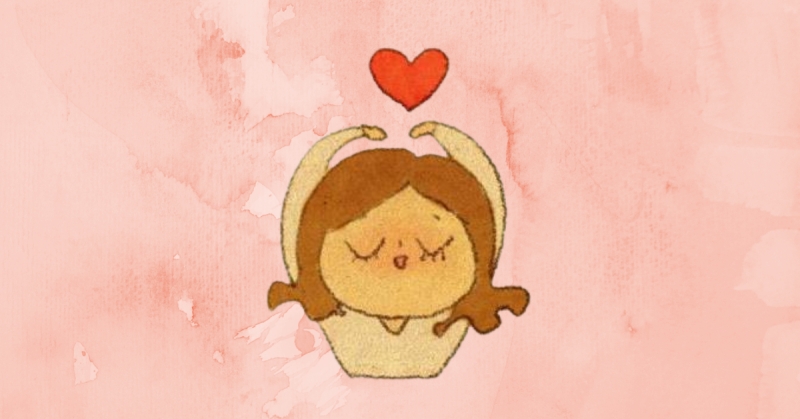- 한국어
- English
- 日本語
- 中文
- العربية
- Español
- Français
- Deutsch
- Pусский
- Tiếng Việt
- Indonesian
By Honorary Reporter Andra Michaela Pena from Romania
Photo = Illustrated by Puuung
Ask a Korean to mention a unique element of Korean culture, and the answer might be jeong, an abstract term loosely defined as someone's feelings for another person. This word often appears in Korean dramas and movies or while studying the language, and is hard to explain even for most Koreans.
Lost in translation
Unlike with other emotions, the notion of jeong is highly complex but can be described as a warm feeling of love, sympathy and attachment between people who share an emotional or psychological bond. This mix of positive feelings is found in many facets of daily life in Korea and can also be applied to pets or objects of sentimental value. Jeong has no definitive definition, not even in Korean, and the meaning is usually expressed through experience.

The uniqueness of jeong lies both in its ubiquity and source. It is located not only inside but also outside of the heart based on Korea's tradition of collective social responsibility, in contrast to the individualistic mindset of the West.

Types of jeong
Rather than through a definition, jeong is best explained through examples such as a mother sharing food with her friends or children and adding more at the end; a bus driver greeting passengers and asking them to hold on tight; constant fighting with someone that ultimately forms a bond with him or her; two people at a restaurant sharing their food with each other; assistance for an elderly person to carry a heavy bag or walk up stairs; and a seller of vegetables or fruit at a market throwing in a few more items for free.

Symbolized by choco pie
The popular Korean snack choco pie is considered the symbol of jeong. A girl once asked her mom what jeong was, and the latter, who was standing next to the choco pie section at a grocery, thought she could more easily explain the concept by giving a pie to her daughter. The idea was that jeong is better expressed by giving a choco pie, which also greatly boosted sales of the snack.
The point is that jeong is far easier felt than said, being about kindness, love, sharing and caring. So my hope is for more people to be more warm-hearted and try to practice jeong every day.
enny0611@korea.kr
*This article is written by a Korea.net Honorary Reporter. Our group of Honorary Reporters are from all around the world, and they share with Korea.net their love and passion for all things Korean.